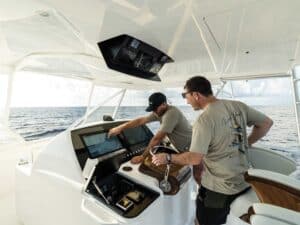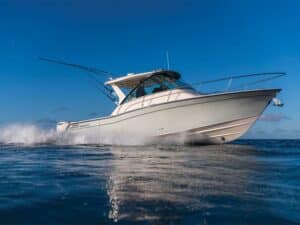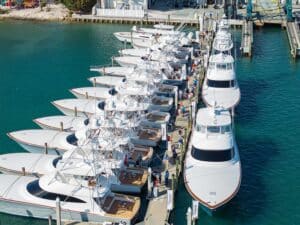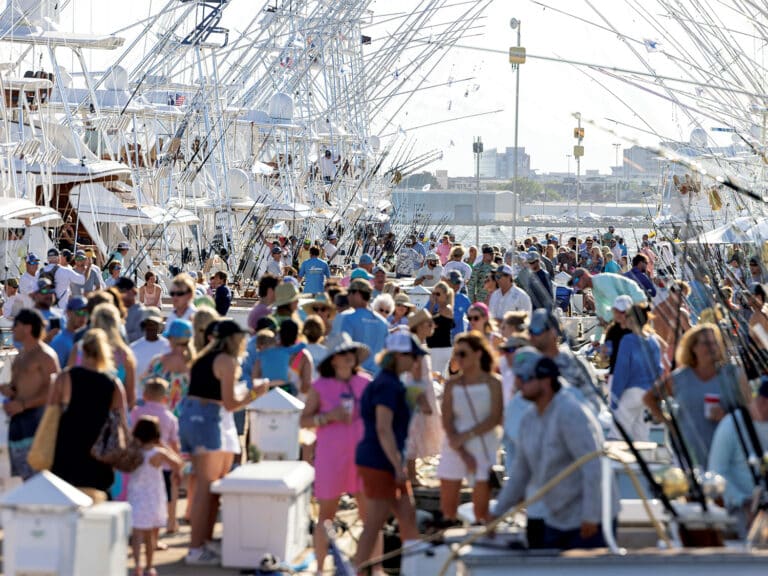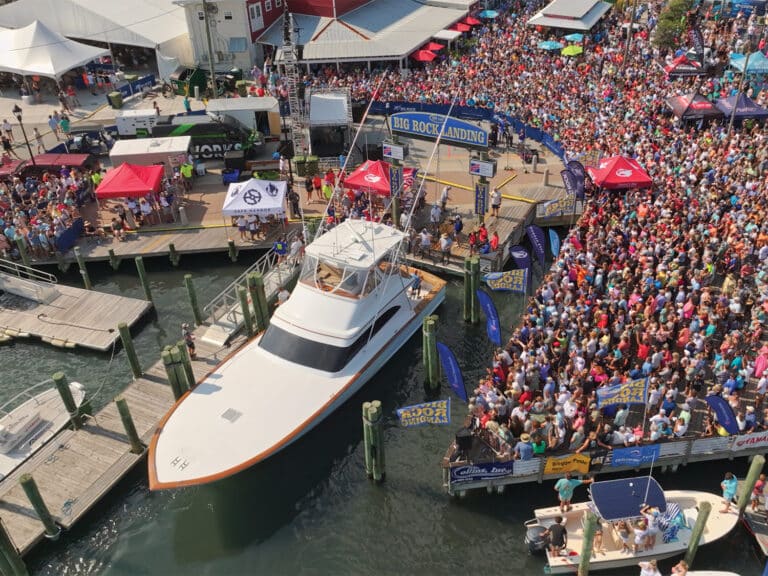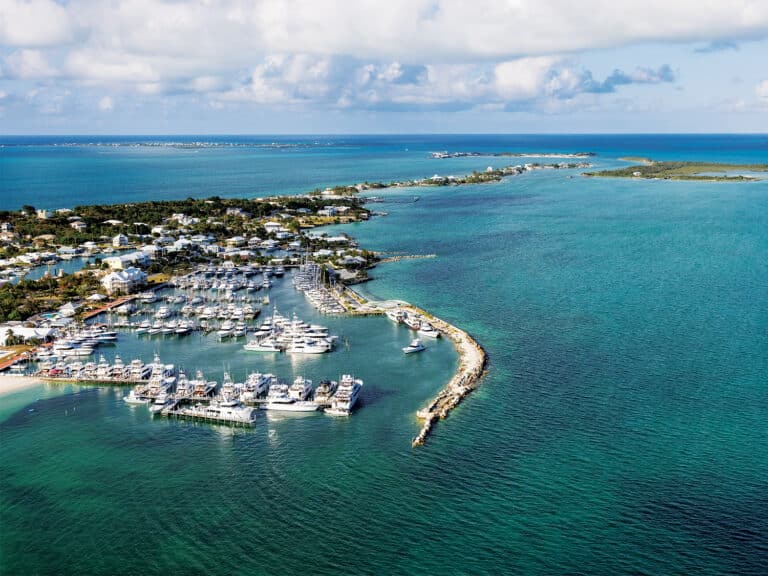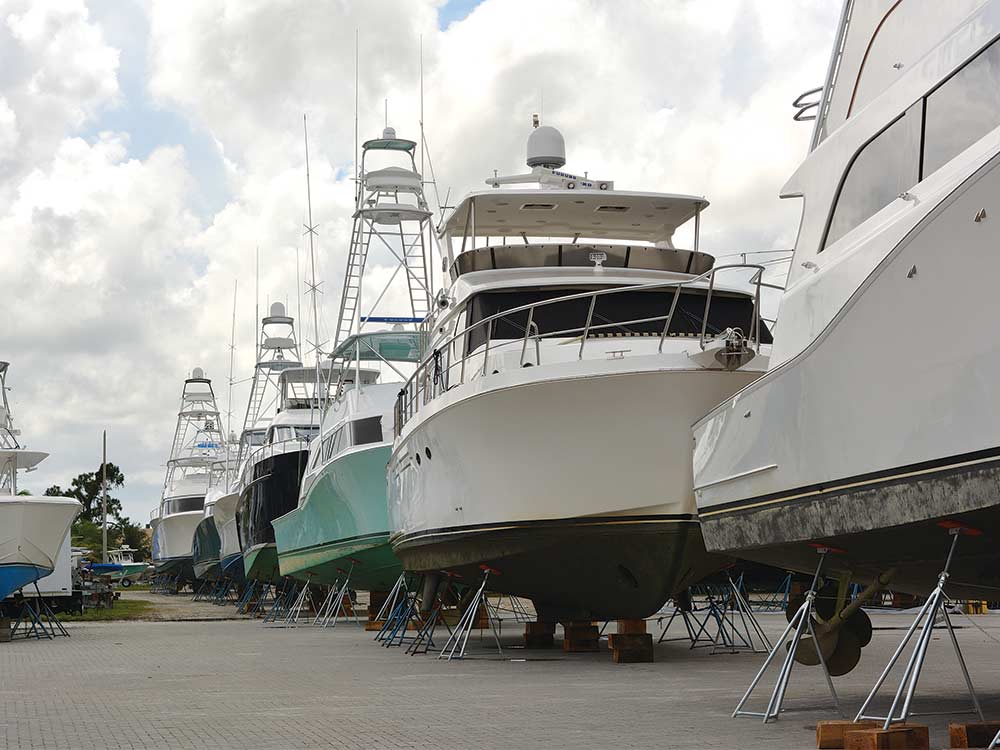
The 2018 hurricane season has finally ended, but not before hurricanes Florence and Michael left their marks on the southeastern United States. I have previously covered hurricane removal clauses in dockage agreements, but I have not written about hurricane plans required by insurance carriers in any detail until now. There are few things more boring than reading a marine insurance policy, but there is some information with which all owners and captains should be familiar. One of those such items is a vessel’s hurricane plan, oftentimes more formally known as the Named Tropical Storm Plan, attached to an insurance policy.
What is it?
The Named Tropical Storm Plan typically comes in the form of an endorsement to the policy, in which the insured expressly warrants he will comply with specific steps and details to protect the vessel in the event a tropical storm or hurricane threatens an area. Insurance carriers have varying requirements, but most require the plan to at least identify a boatyard at which the vessel will be hauled and stored in the event of a named storm. However, some plans are more specific, and detail such things as the size and amount of ropes to be used to secure the vessel, methods for how jack stands are to be secured together, or perhaps require the removal of items that can be stored inside the vessel, such as canvas and other soft goods.
Breach of Warranty
A warranty in an insurance policy is a promise by the insured that certain facts or conditions are true or will happen. A deviation from a hurricane plan is a breach of warranty, which often results in voided coverage for the insured. Damage directly resulting from a failure to follow a hurricane plan will almost always result in denial of coverage. But what if the deviation from the plan was not the actual cause of the damage? For example, a Category 5 hurricane will cause a lot of damage to a lot of boats, regardless of the steps taken by their owners.
Read Next: 10 Tips on Procuring Boat Insurance
There is not a general maritime rule in the United States on the issue of whether a breach of warranty permits denial of coverage when the breach did not cause the loss. As such, courts refer to the state law under which the relevant policy is governed. In some jurisdictions, a breach of warranty voids coverage regardless of if the breach actually caused the damage or loss. Thus, it is always important to follow a plan closely, regardless of its level of specificity. The last thing an owner wants to do is give a carrier a reason to decline coverage.
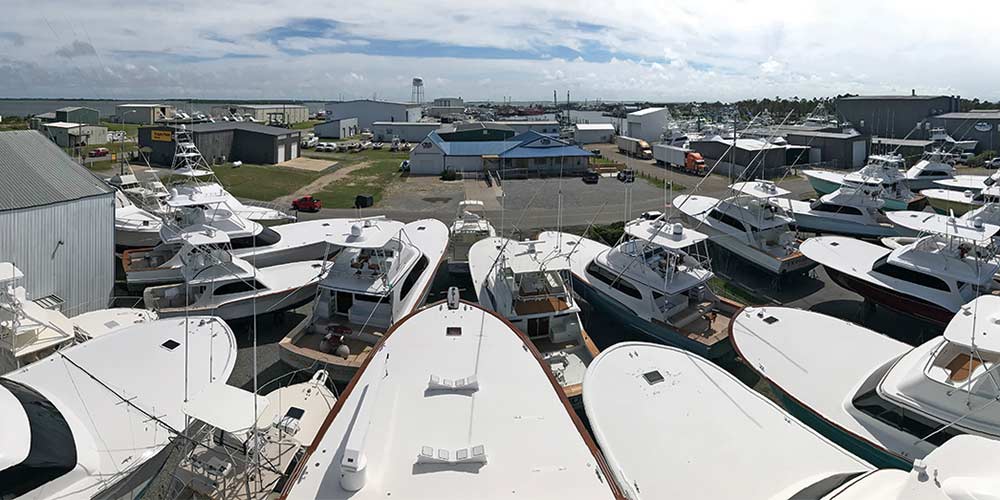
This Really Happens
This subject is not a laughing matter; these cases occur regularly. Our firm is dealing with a dispute right now in which our client’s motoryacht sustained damage during a Category 5 storm and the insurance company denied coverage, even though the vessel was hauled out by a reputable yard. The insurance company claims the owner did not follow every part of the plan.
Every insurance company is different, so it is important you work with your insurance agent to develop a plan that will not only be approved by the carrier, but also one that can easily be followed. Failure to follow the plan may not only result in damage to your vessel, but also void the coverage you bought to protect it.
Raleigh P. Watson is a contributing author, and a Partner at Miller Watson Maritime Attorneys.

